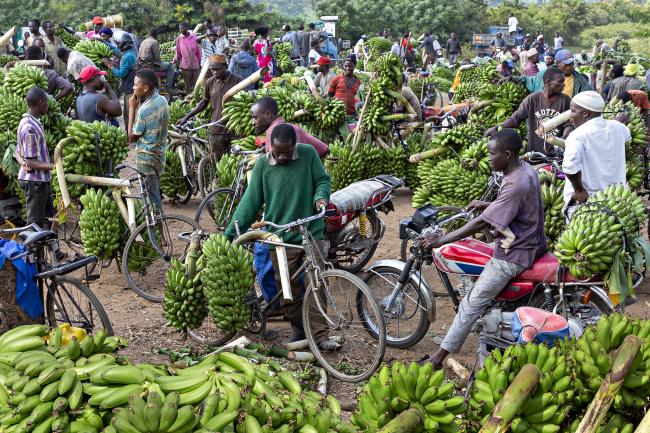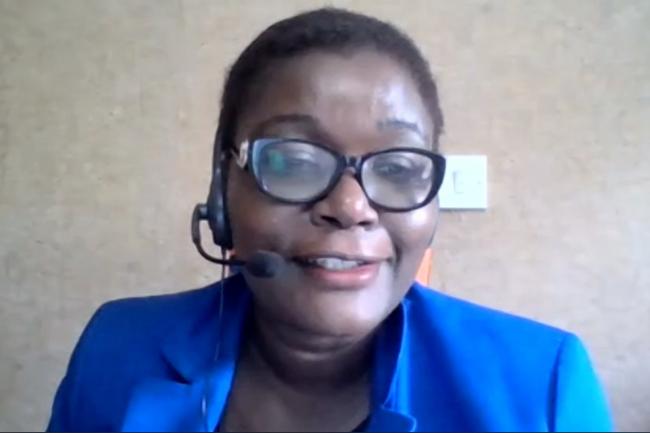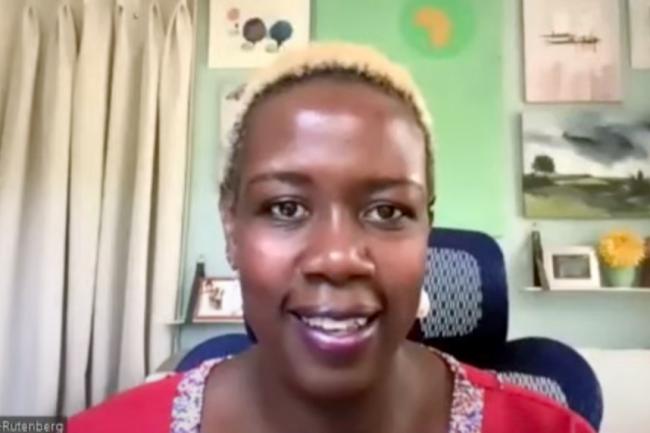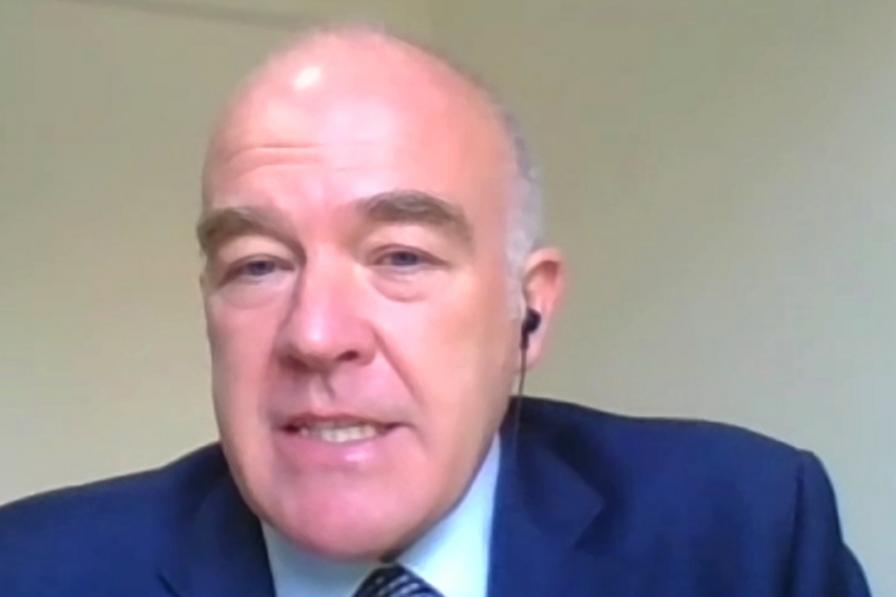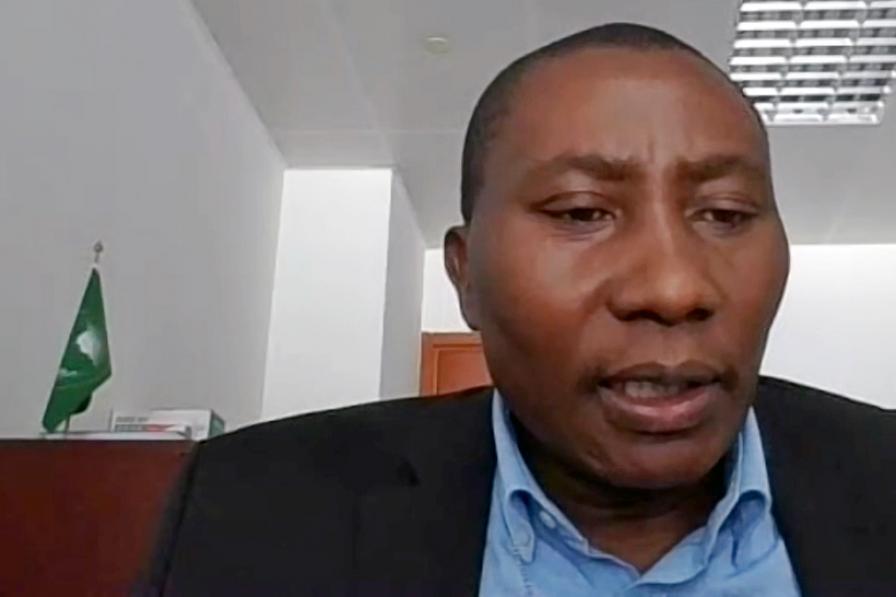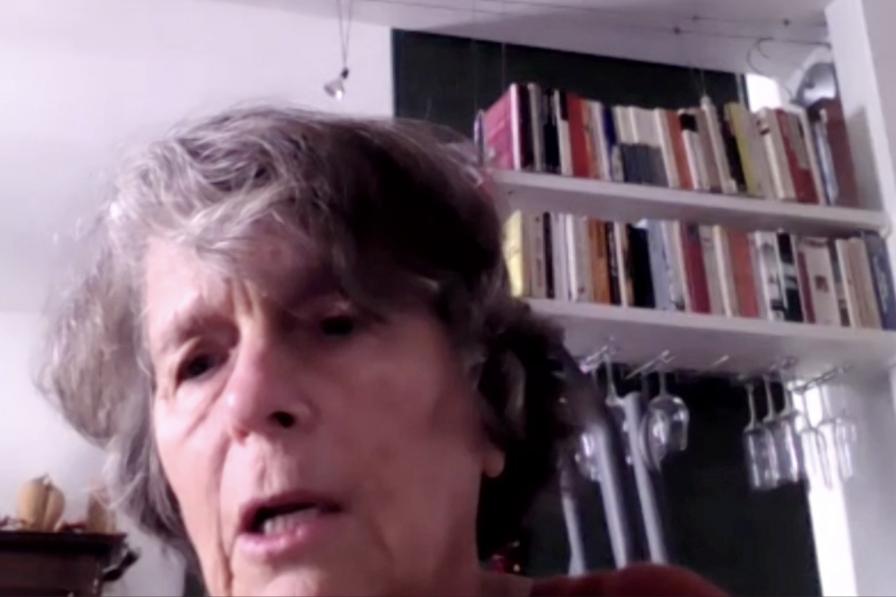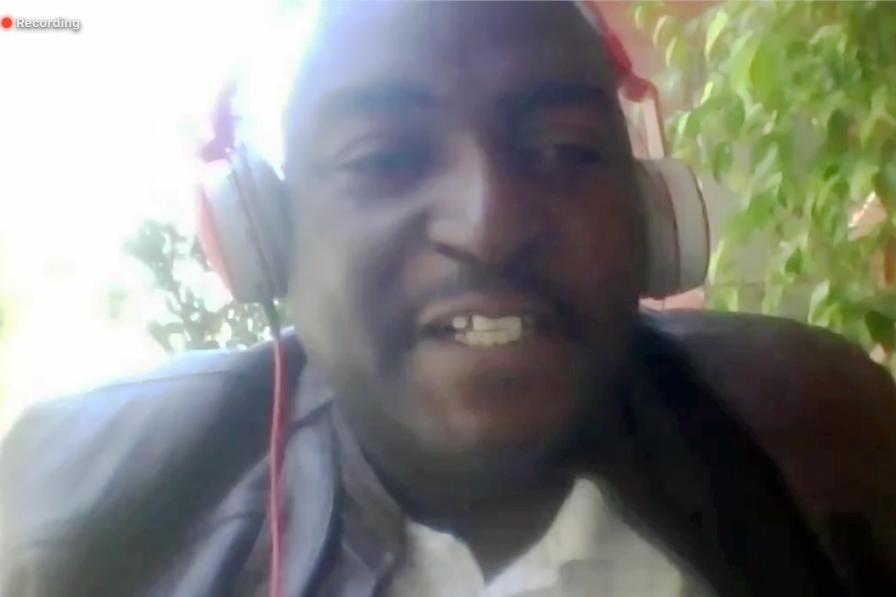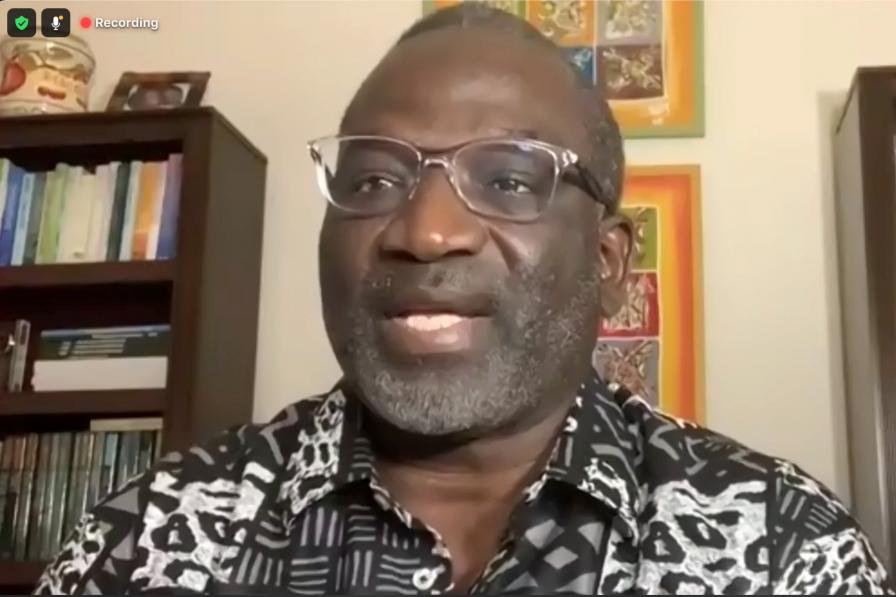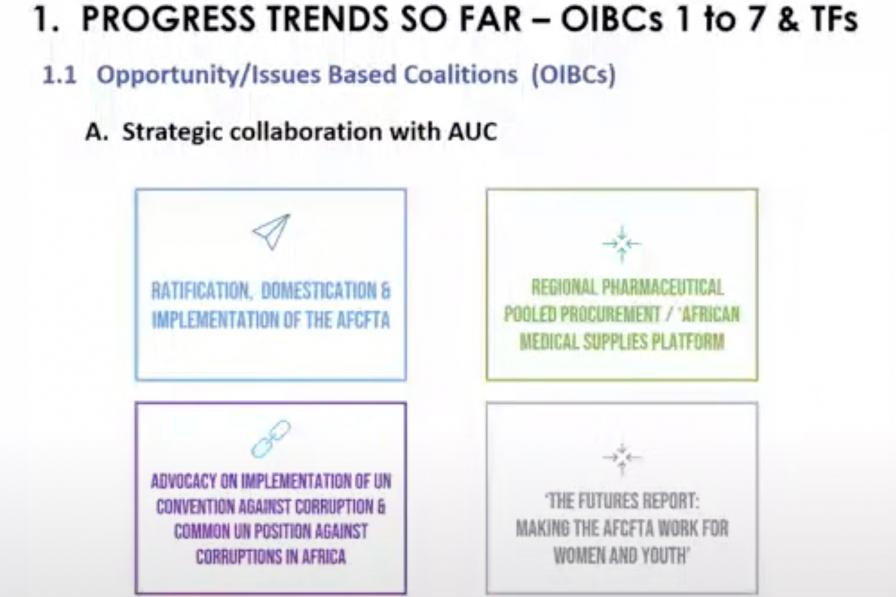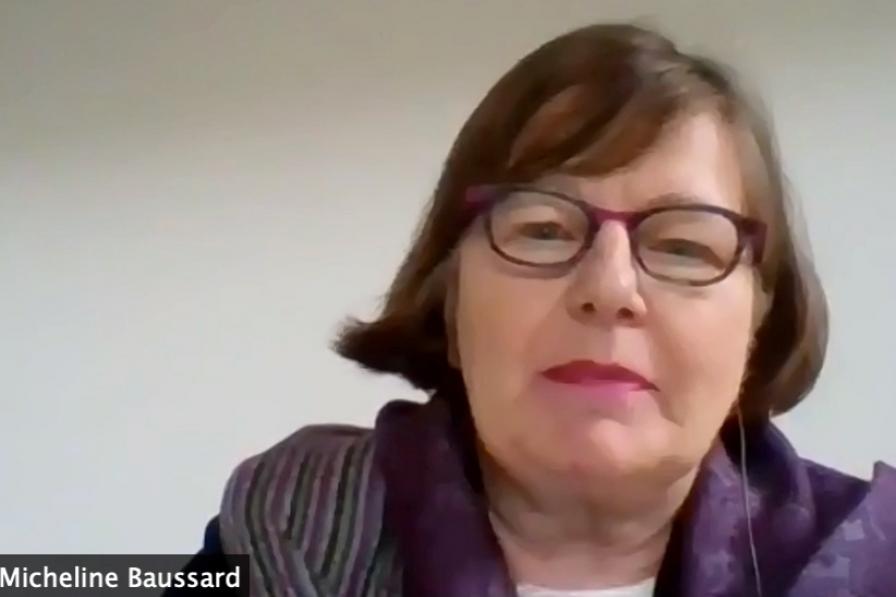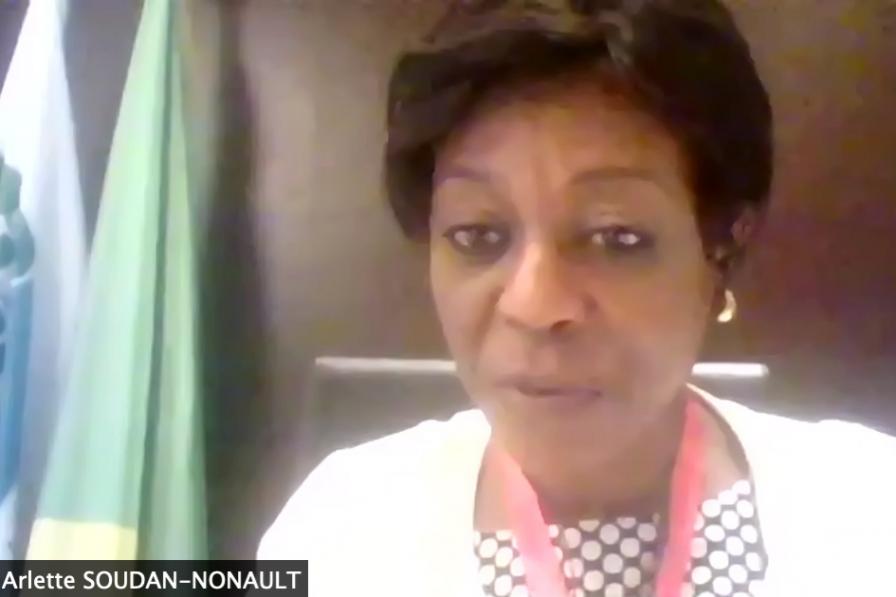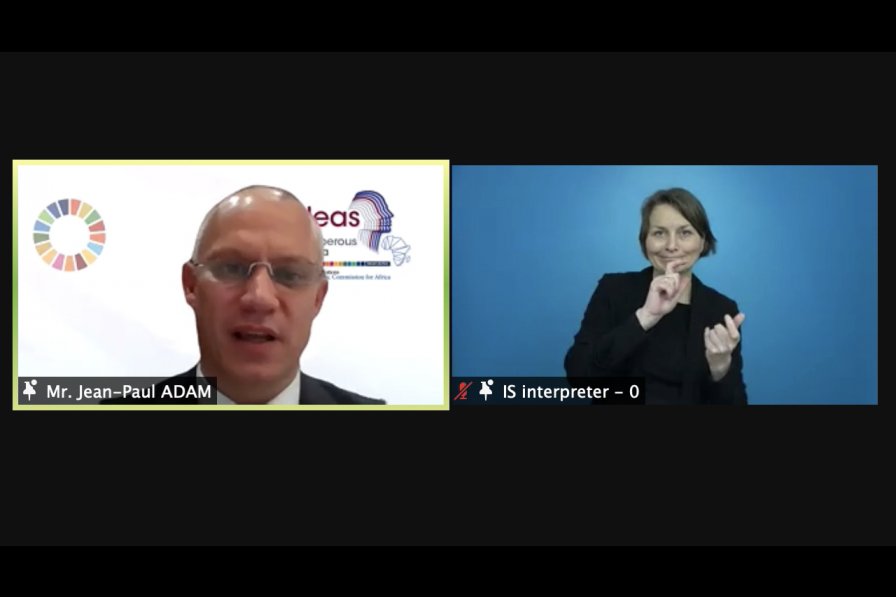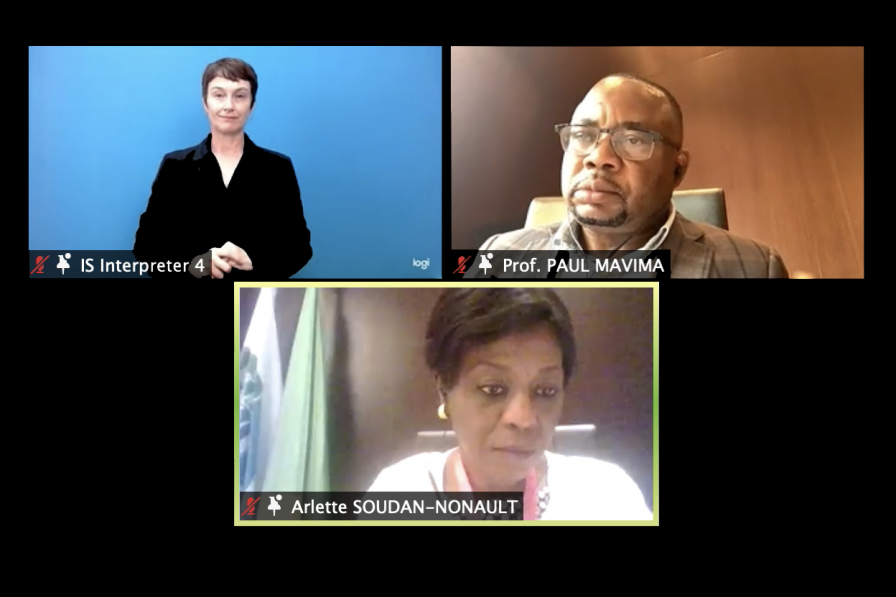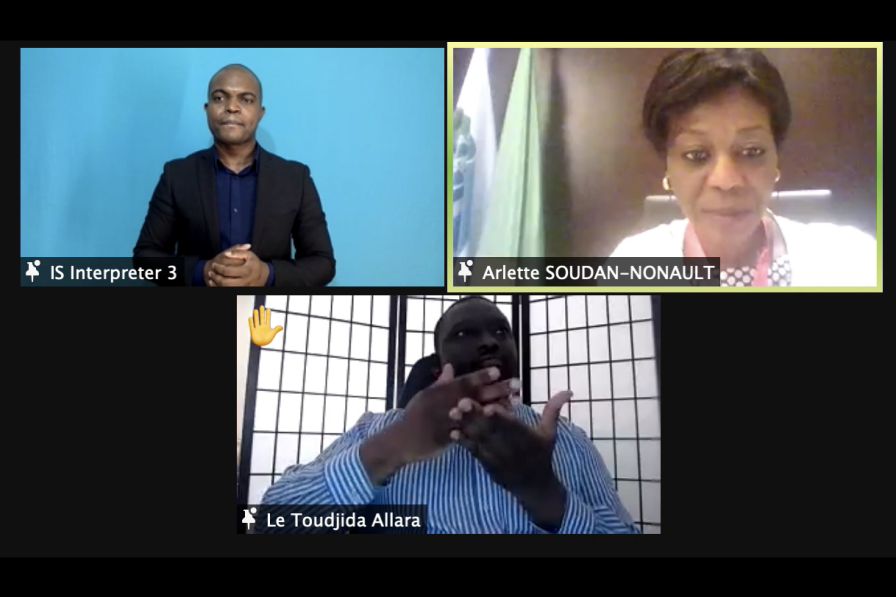The Seventh Session of the Africa Regional Forum on Sustainable Development (ARFSD-7) met for its final day, holding dialogue sessions on African Food Systems in the morning. The dialogues were held in the form of two high-level round tables on technical and policy measures for leveraging action for sustainable food systems. Sessions also discussed resilient, inclusive, and sustainable food systems, and the promotion of healthy diets and nutrition. Draft key messages from the Forum and a draft declaration were presented in the closing plenary, and will be made available to member States and stakeholders for comment and further elaboration until 14 March.
High-level Technical Round-table on Leveraging Regional Action for Resilient, Inclusive and Sustainable Food Systems: Keynote speaker William Lugemwa, UN Economic Commission for Africa (UNECA), outlined the status, trends, and opportunities of Africa’s food systems. He noted that these systems are evolving towards intensified production systems due to the growing middle class, rapid urbanization, and the modernization of food value chains.
Break-out Session on Building Sustainable, Resilient Food Systems in Africa: Chris Toe, World Food Programme (WFP), moderated the session. Participants examined regional trends in food systems, including the trend of decreasing diversity in cereal production due to increasing shares of maize and rice. They discussed land tenure and gender disparity in land ownership. Participants were united on the need for cooperative systems approach to food production in Africa.
Break-out Session on Promoting Sustainable, Inclusive Food Systems for Healthy Diets and Improved Nutrition: Jemimah Njuki, Director for Africa, The International Food Policy Research Institute (IFPRI) moderated the session. Participants discussed: nutrition inadequacy; the drop in government spending on agriculture; and the rapidly expanding food processing sector, with traditional staples increasingly consumed in a processed form. Other issues discussed included the need for:
- inclusive food systems and safety nets;
- investing in technology and agri-business; and
- examining the role of global and domestic trade and how the African Continental Free Trade Area (AfCFTA) can play a part in this.
Speakers further considered the upcoming 2021 UN Food Systems Summit and the role of Food System Heroes in catalyzing transformation in food systems.
High-Level Policy Round-table on Leveraging Action for Sustainable Food Systems in Africa: This session focused on actions for sustainable food systems. Participants noted the need for national food reserves for staple foods, strategies to bridge gaps between production and demand, empowering local markets, and participation of local communities in dialogues on transformation in the build up towards the Food Systems Summit.
During the afternoon, participants considered progress on achieving the 2030 Agenda and Agenda 2063. They heard country presentations from the UN Resident Coordinator in Zambia, and considered work to enhance progress towards achieving the SDGs in Zambia. Major groups and other stakeholders also presented their perspectives on implementing the SDGs.
During the closing session, Jean-Paul Adam, UNECA, presented a draft document compiling key messages from the Forum, and invited member States and stakeholders to provide comments on the draft by 14 March 2021. Key messages pertain to all sub-themes of the Forum. Highlights include:
- Data and statistics are key to a sustainable, resilient recovery, and there is a need for capacity building on data collection and analysis;
- Voluntary national reviews (VNRs) and voluntary local reviews (VLRs) offer an opportunity for peer-learning;
- Models for increasing economic growth in Africa should be re-examined with a view to improving inclusiveness and reducing poverty;
- Policy support and capacity building for emerging technologies are needed; and
- The AfCFTA should be leveraged to ensure job creation in the areas of, among others, green industrialization and climate-smart agriculture.
Nassim Oulmane, UNECA, presented the draft “Brazzaville Declaration,” noting it will also be open for comments until 14 March 2021. The draft declaration, inter alia, calls upon African governments to:
- redefine and develop economic models that protect natural resources, promote renewable energy, and foster green and resilient infrastructure and inclusive digitalization; and
- better use innovative technologies such as artificial intelligence and blockchain to support the sustainability transformation.
Delegates also approved an offer from Rwanda to host the eighth session of the ARFSD in the first quarter of 2022. The theme will be finalized at a later date.
Adam thanked the Republic of Congo for their leadership at ARFSD-7, and said “building forward better” can only be done with all partners working together.
Arlette Soudan-Nonault, ARFSD-7 Chair and Minister of Tourism and Environment, Republic of Congo, emphasized “the challenges are considerable but together we can and shall meet them.” She closed the meeting at 6:21 pm (GMT+1).
